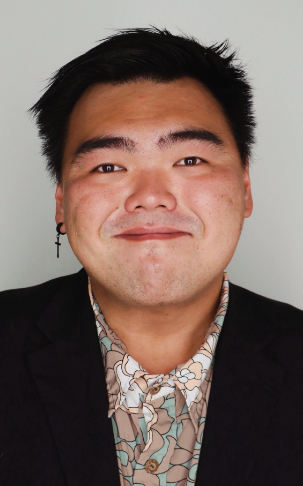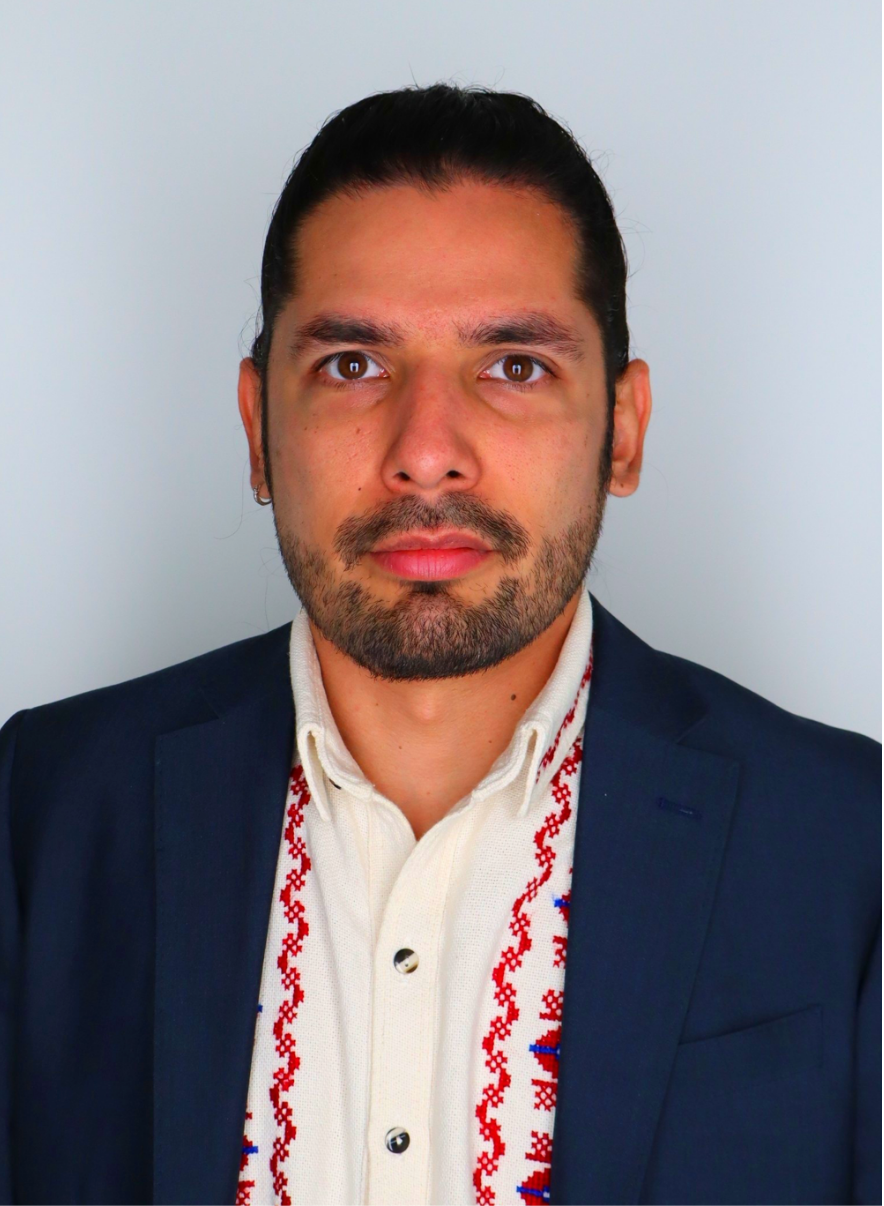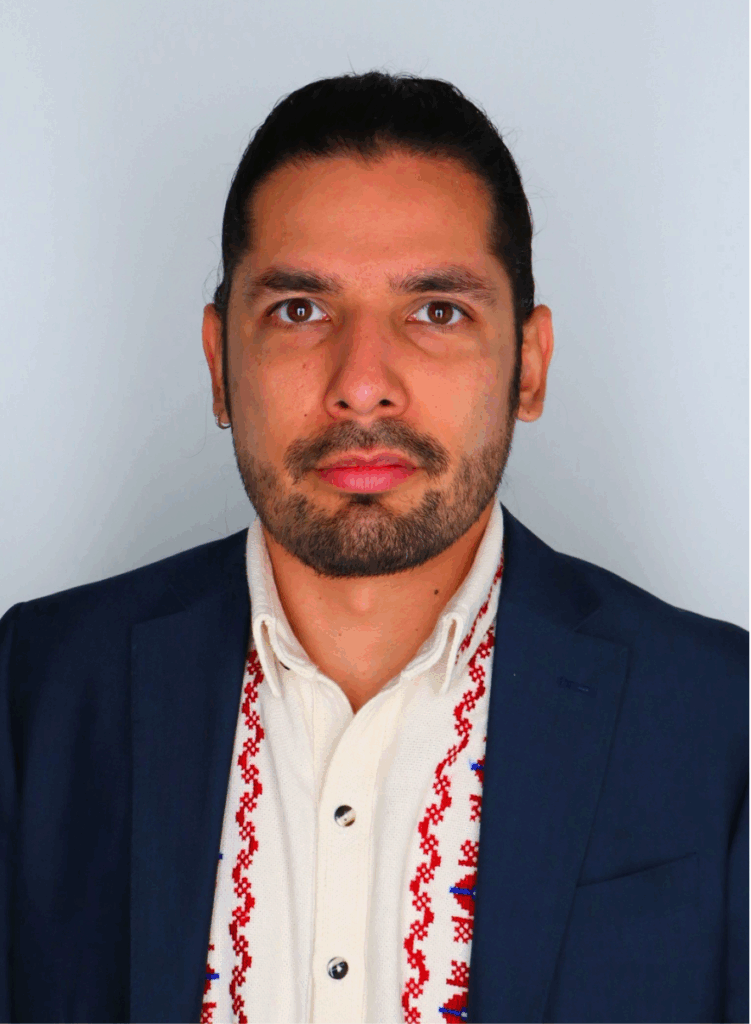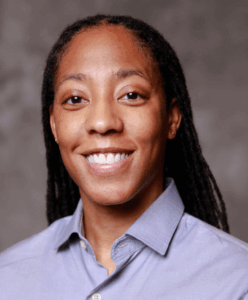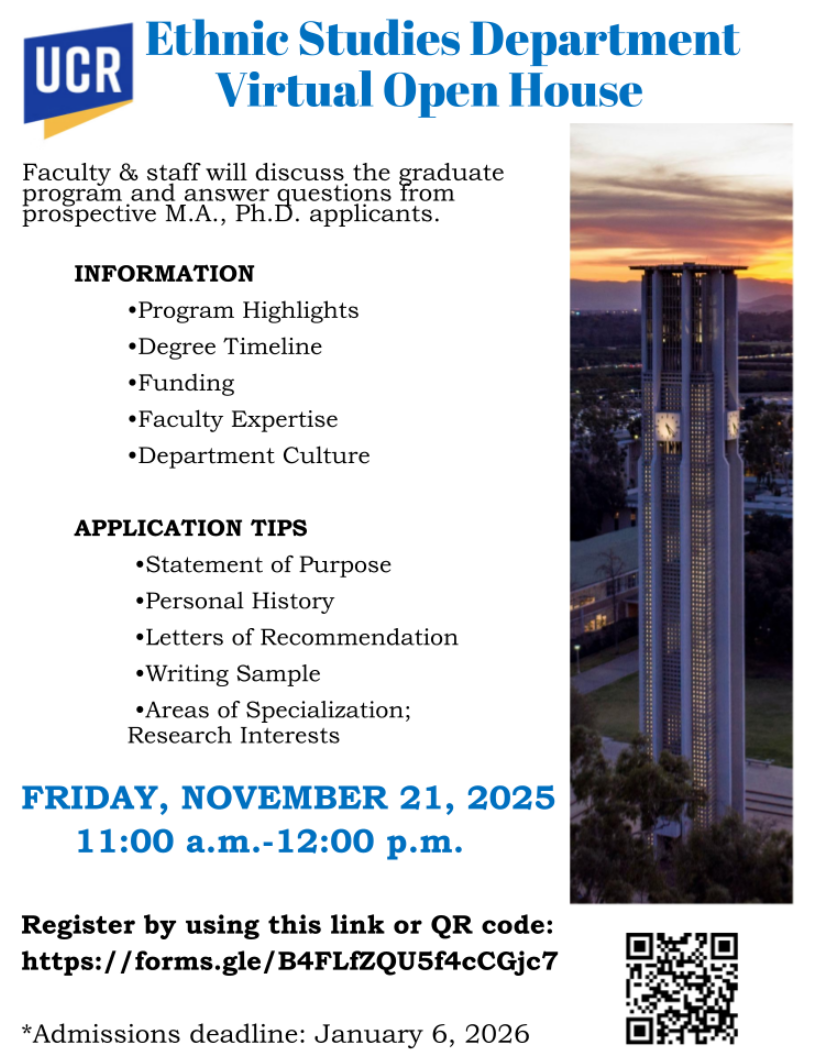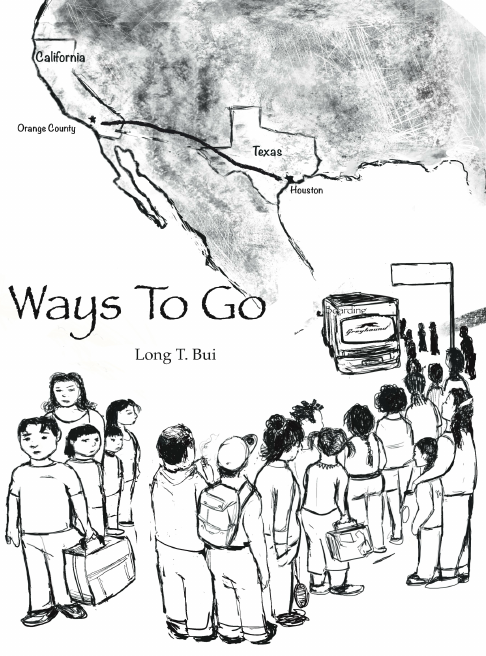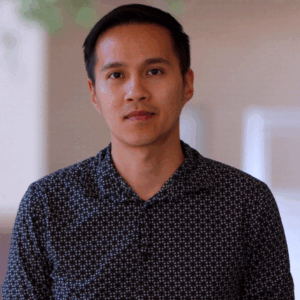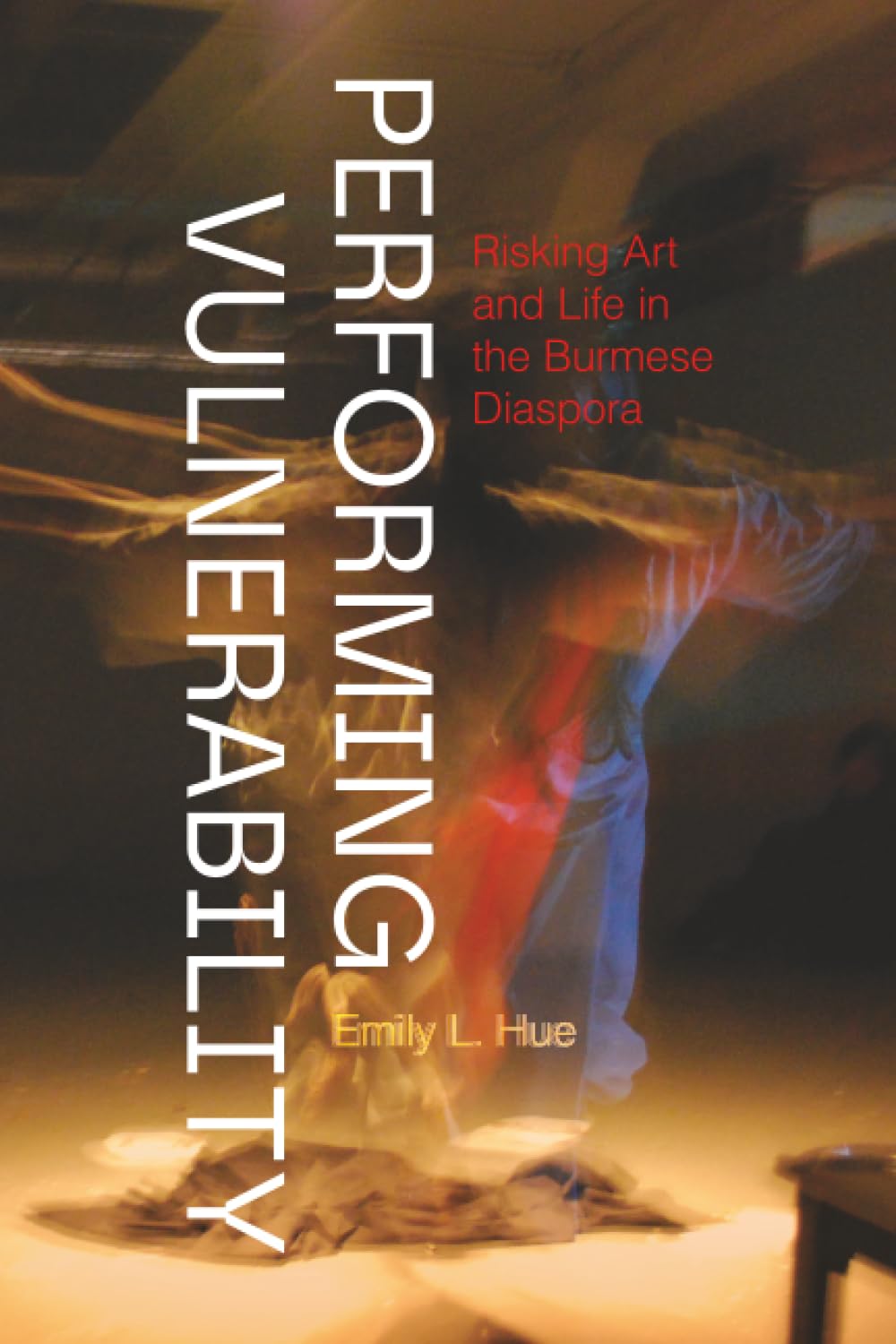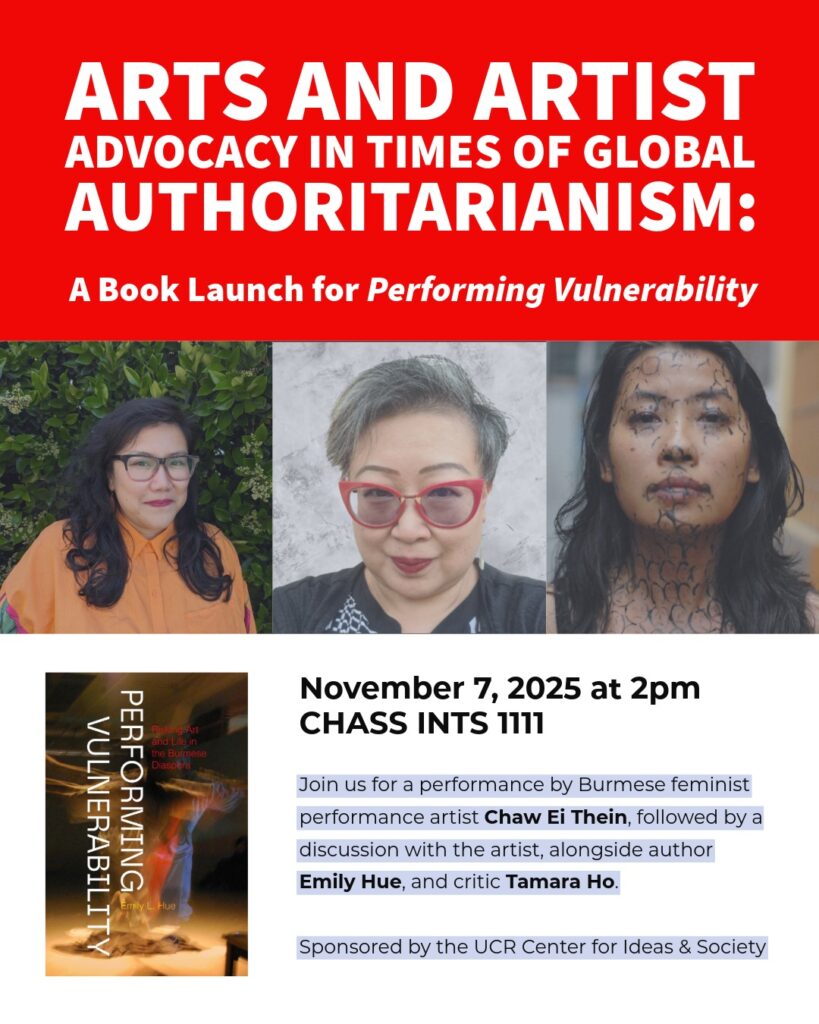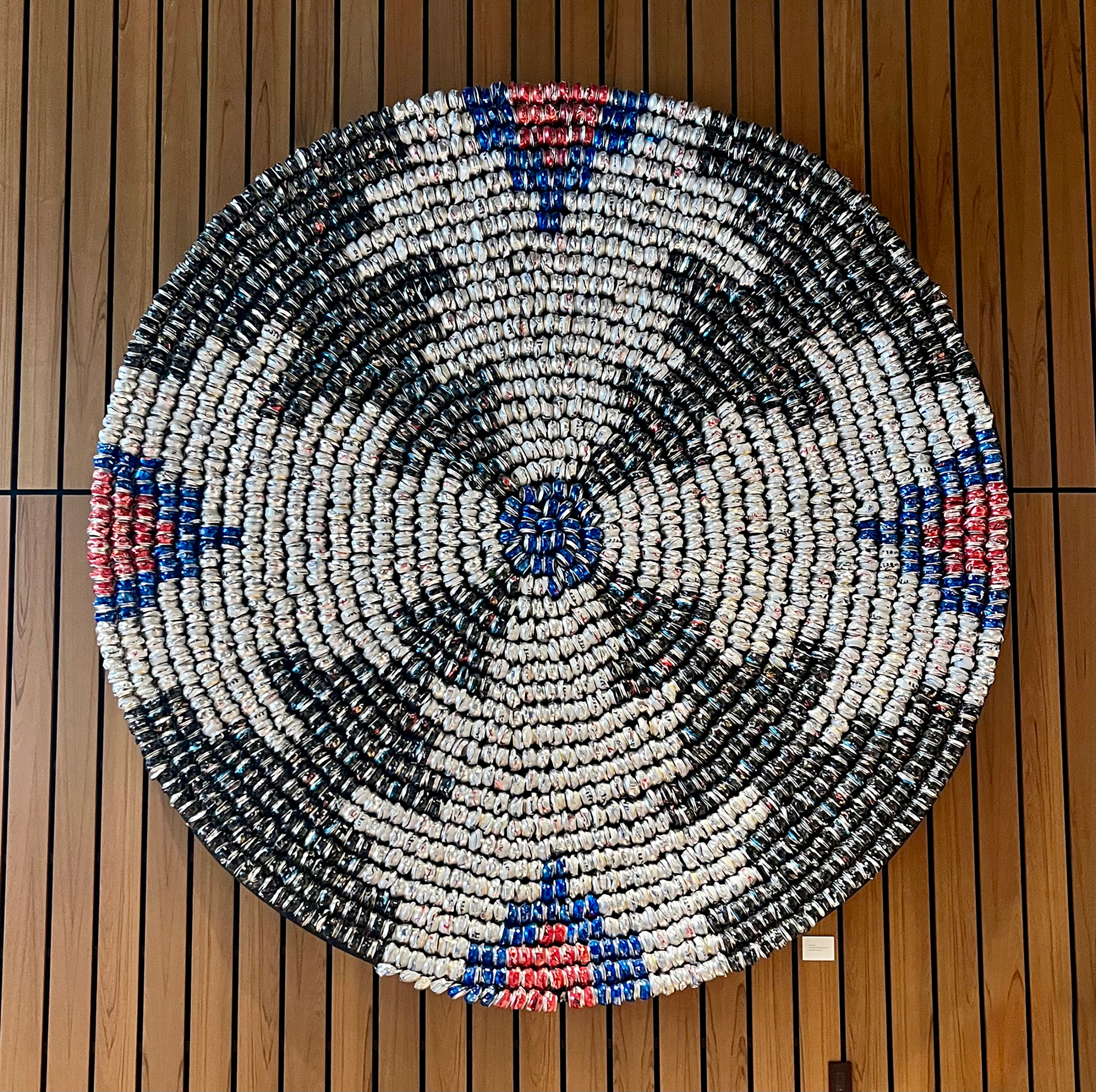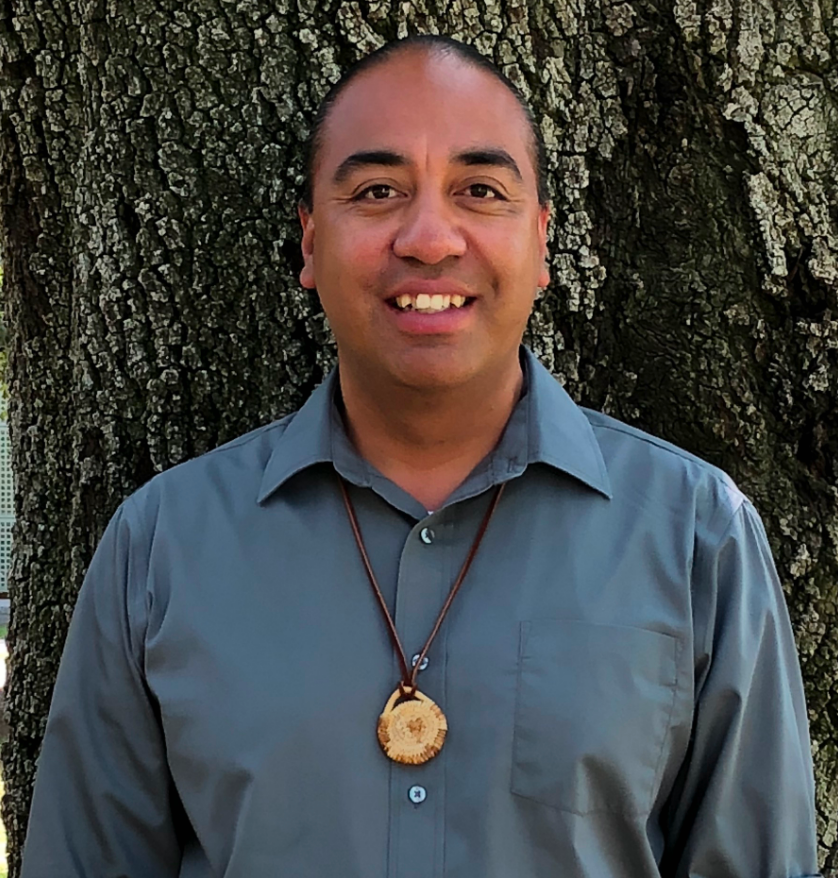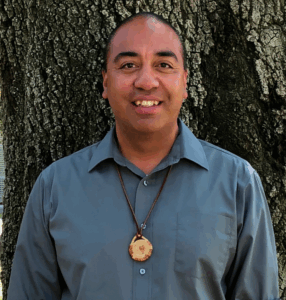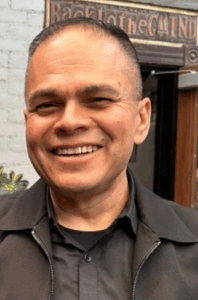Dean Daryle Williams and the University of California, Riverside (UCR) College of Humanities, Arts, and Social Sciences (CHASS) are proud to announce the launch of the Dean’s Research Impact Initiative. This strategic program is designed to catalyze high-impact scholarship and creative activity during the Winter and Spring 2026 terms, serving as a springboard for a robust, expanded research ecosystem in the 2026-27 academic year and beyond.
As part of this initiative, Dean Williams has awarded five Dean’s Research Impact Initiative seed grants. Drawing from unspent endowment funds, each grant of $10,000 to $15,000 provides CHASS Senate faculty with the critical early-stage accelerator grants needed to pilot innovative projects, foster interdisciplinary partnerships, and position CHASS at the forefront of research at the University of California and across the Association of American Universities.
The following faculty members have been selected for their potential to drive meaningful change through their respective disciplines:
- Claudia Holguín Mendoza, Associate Professor, Department of Hispanic Studies
- Christophe Katrib, Assistant Professor of Teaching, Department of Theatre, Film, and Digital Production
- Juliette Levy, Associate Professor, Department of History
- Kēhaulani Vaughn, Associate Professor, Department of Ethnic Studies
- Rachel Wu, Associate Professor, Department of Psychology
All seed funds must be spent by September 1, 2026, on the expectation that each grantee will be well-positioned to seek additional external funding in the coming academic year. In partnership with the Graduate Division, each grantee will also be able to seek additional one-time summer funding for graduate student research support.
“These seed grants represent more than just financial support; they go beyond accelerating Chancellor Hu’s focus on our research enterprise, “ Dean Williams said. “Each grant makes concrete the enduring truth that the humanities, arts, and social sciences are pillars of the modern research university. CHASS is an engine of discovery and development at UCR.”
“By supporting these five scholars today, we are setting the stage for CHASS to lead the way in interdisciplinary excellence and research with public visibility and social impact. These efforts ensure that the momentum generated by Professors Holguín Mendoza, Katrib, Levy, Vaughn, and Wu — and our outstanding undergraduate and graduate students — will evolve into a permanent, well-supported infrastructure for excellence, now and into a bright future.”
The Dean’s Research Impact Initiative is a direct response to the campus-wide research goals established by Chancellor S. Jack Hu and Vice Chancellor for Research, Innovation, and Economic Development Rodolfo Torres.
By providing these five seed grants, CHASS is actively implementing the Chancellor’s three core research pillars of Strategically Aligning Seed Funding, Diversifying the Funding Ecosystem, and Enabling High-Impact Research.
“Graduate education is fundamentally research education, and the Dean’s Research Impact Initiative is exactly the kind of strategic investment that accelerates discovery while strengthening the training environment for students,” said Lidia Kos, Vice Provost and Dean of Graduate Studies.
“By pairing faculty seed grants with targeted graduate student research support, CHASS is building a model for how campuses can expand scholarly impact while developing the next generation of researchers, thinkers, artists, and public intellectuals. The Graduate Division is proud to partner with CHASS in advancing student success through meaningful research opportunities and mentorship.”
You can view the original announcement here.


